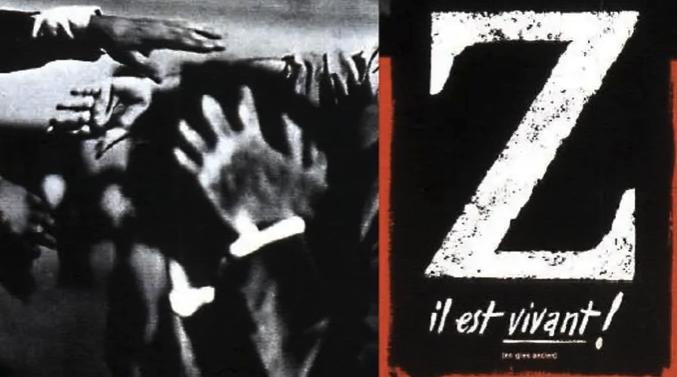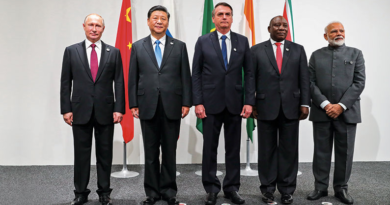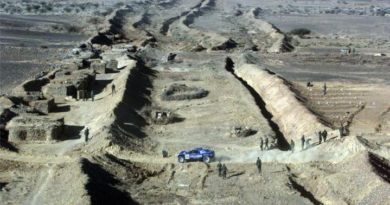The surprising tale of an Algerian movie Oscar win
The world of cinema is full of surprises, and sometimes, the most unexpected films rise to the top and capture the hearts of audiences around the world. In 1970, an Algerian Movie Won an Oscar in a surprising Tale. By winning the coveted Oscar for Best Foreign Language Film, the movie “Z” was and still the only movie from the Maghreb that has won an oscar.
Story line
With breathtaking cinematography and powerful performances from the entire cast, this movie is a true masterpiece of storytelling.
Surprisingly, the story is not about the Algerian war for independence, and doesn’t even take place in ALgeria. It is, in fact, an adaptation of the book by Greek novelist Vassilis Vassilikos, which was inspired by the coup that took place in Greece in the mid-sixties, as the army seized control of power.
The movie focuses on the assassination of the democratic Greek politician Grigoris Lambrakis in 1963 and the resulting uprisings of youth and students denouncing dictatorship and repression.
The majority of the scenes were filmed in Algeria, in areas that resembled the city of Athens, by director Costa-Gavras. The cast includes French actors such as Jean-Louis Trintignant and Yves Montand, along with Greek actress Irene Papas, Algerians Hassan Hassani, Sayed Ahmed Akoumi, and Alal al-Mohaib.
The film’s title, “Z,” holds a symbolic political connotation in the Greek language, meaning “living.” This letter was used by political opponents of the coup in Greece who wrote it on the walls of Greek cities to denounce the politics of repression and the death of Lambrakis.
Clint Eastwood Presenting the award
Algeria’s win was announced in 1970 by American actor Clint Eastwood and Claudia Cardinal, the famous Italian actress. The award was received by Ahmed Rashdi on behalf of the production department of the National Organization for Algerian Cinema, which produced the film.
“Z,” one of the most prominent political films in the history of international cinema, was a joint French-Algerian production. The film depicts the assassination of politician Gregory Lambrax in 1963 and the resulting uprising of youth and students condemning dictatorship and repression.



